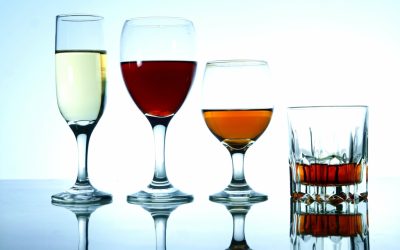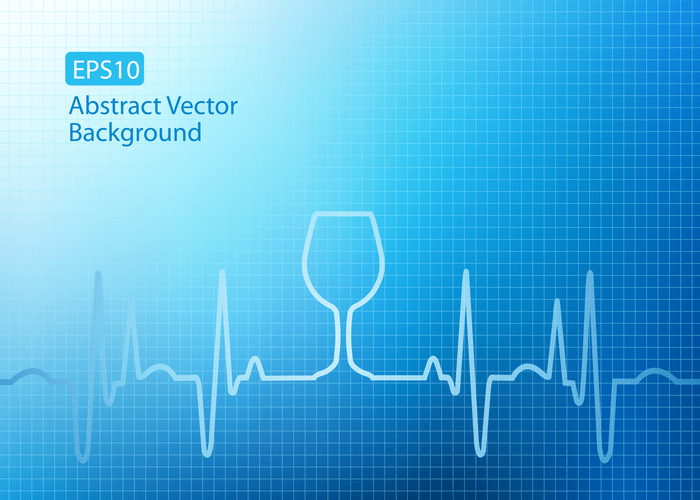Over time, heavy drinking can lead to loss of judgment, focus, and memory. You may have more trouble regulating your emotions or managing your coordination. Drinking alcohol may make you feel younger as you lose your inhibitions and gain some energy, but the hangover the next day can make you feel sick, sluggish, and downright old.
- On your road to finding and maintaining recovery, we are with you for life.
- In other words, a person suffers from poor quality of sleep.
- Over time, heavy alcohol use can result in changes to the skin.
- Regular drinkers can trigger biological functions that make them age from the inside out.
- Sugar overload from high-sugar foods and drinks—like desserts, energy drinks, or soda—may kick-start a process called glycation.
Decreased Alcohol Tolerance
Drinking too much at one time or on any given day or having too many drinks over the course of a week increases the risk of harmful consequences, including injuries and health problems. Men should not have more than two drinks a day and women only one. Drinking less alcohol is better for health than drinking more. Most of the caffeine in coffee, tea and some other beverages is absorbed by other body tissues, so your skin gets a relatively small amount. Therefore, it’s not likely coffee will have much effect on the appearance of your skin. However, MayoClinic.com says that research shows coffee has other health benefits.

Alcohol, Aging, and Your Skin
The end result is that these medications help make skin appear healthy and younger. Again, alcohol affects the skin and can cause negative deterioration of various internal systems. When a person becomes a chronic drinker, the habit takes a toll on multiple organs within the body. By the time a person uncovers a problem, it may be too late. Drinking heavily and often can have a significant impact on your overall health.

How Alcohol Affects Your Face
Miami real estate agent Alina Freyre said she and her husband, Andy Freyre, stopped drinking two years ago. Not only did they lose weight — 50 pounds for her and 80 pounds for him — but she said it was the “best thing that has ever happened” to them. When the liver is working hard to detoxify the body from alcohol, it creates more free radicals than the body’s antioxidants can handle, which leads to something called oxidative stress.
Vidya contributes to a variety of publications, having written for Square, Rally Health, EatingWell, TODAY and more. She was previously the global editorial lead for Uber Eats, where she created a powerful video series about immigrant chefs on the platform. Prior to that, she was the senior editor for the TODAY Show. She started her career as a general news and lifestyle reporter and has interviewed legends like Maya Angelou and covered the 2014 Olympics from Sochi, Russia. Get in contact with us today, or learn more about how our program works. Soon, you can be on the road to a more youthful self—inside and out.
Look for topical products like creams containing vitamin A with ingredients like retinol and tretinoin. These are the gold standard for boosting collagen in the skin. Vitamin C serums are also https://minnesotadigest.com/top-5-advantages-of-staying-in-a-sober-living-house/ fantastic for increasing collagen. Volunteers took a daily supplement containing 5 grams hydrolysed collagen derived from fish cartilage as well as a whole host of other vitamins and minerals.
- After detox has been completed, the next step is to learn how to go about life without needing alcohol anymore.
- The idea of having a drink to relax before bedtime may not be a good one, especially as you get older.
- However, when a person has a preoccupation with alcohol, he or she may lose control and have the inability to stop.
- These are actually cholesterol deposits, Tolstrup says—and they likely signal that your body’s cholesterol metabolism is off.
While drinking may help some people fall asleep, it ultimately leads to a less restful night’s sleep, which can be debilitating when combined with other menopause symptoms. The study was conducted in over 2,000 individuals including both healthy participants and persons living with HIV. The idea of having a drink to relax before bedtime may not be a good one, especially as you get older. Instead of lulling you into a restful night, alcohol can actually keep you from getting to sleep and lead to restless slumber. That can be particularly hard on seniors, who are already more likely to wake up often or have a sleep disorder like insomnia.
Can alcohol affect your hair?
In addition to raising LDL (bad) cholesterol and the risk of heart disease, trans fats may also be bad for your skin. Fatty, red meats include meats such as Top 5 Advantages of Staying in a Sober Living House beef, pork, and lamb, and these meats generate free radicals. Free radicals are unstable molecules that may trigger a process that can lead to cell damage.
- Red wine has antioxidants called polyphenols that may help your cholesterol level and protect your blood vessels.
- If you’ve been wondering if drinking alcohol causes you to look older, we’ve got the answer.
- In some cases, you may even notice that minor ailments due to alcohol consumption are now becoming more serious.
- If you feel that alcohol is endangering you or someone else, call 911 or obtain similar help right away.
- Stick to the guideline units of alcohol and have consecutive non-drinking days.
- (A drink is one 12-ounce can or bottle of beer, one 5-ounce glass of wine, or one 1.5-ounce shot of an 80-proof or less liquor.) Talk with your doctor to find out what’s right for you.
- Vasoconstriction, or constriction of blood vessels, and caffeine’s diuretic effect help to reduce puffiness and dark circles around the eyes.
Because alcohol affects your sleep, you may also notice under-eye circles the day after drinking (10). One study found that women who consumed eight or more drinks a week perceived themselves as looking older than those who didn’t drink (8). Typically your tolerance level to alcohol will go up the more you drink.

